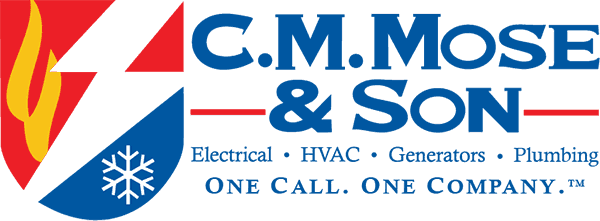As a homeowner you probably have no idea why the bedroom upstairs remains hot in the summer and cold in the winter even though every other room in your home is comfortable. There are several reasons this may be happening and only a professional HVAC technician can discover the issues that are causing this.
Dampering or closed vents affect a room’s air flow
One reason why a room in your house is hotter in the summer or colder in the winter is the ductwork may have a damper that has stopped the flow of air to that room. A damper is a valve or plate used to regulate the temperature of a room. The damper may have been accidently closed or purposefully closed by a previous homeowner. Dampering is not a recommended recourse when trying to redirect conditioned or heated air away from rooms or sections of a home that are not being used. Why is that? Closing off vents or dampering a room or floor in your home will disrupt the balance of air flow in the home. The HVAC professionals who designed the heating and cooling system and ductwork did so to take advantage of the air flow in the entire system. The system works best when all the dampers or vents are open. Think of it this way, if you are going on a hike and you need all the muscles in your legs to complete the hike, you wouldn’t put a tourniquet on your arms, would you?
Attic Insulation affects the transfer of heat
Having the proper amount of attic insulation and the right R-factor (R-49) for Kansas City can help control conduction, convection, and radiation of heat. These elements are at work in your attic whether you have the right insulation or not. However, the proper amount of insulation will slow the transfer of heat. If it is warm outside it keeps the heat out and if it is cold outside, it keeps in the heat. The R-Value refers to the Thermal Resistance of the insulation. If your insulation is old, replacing it with insulation with a higher -value will increase its efficiency and lower your energy costs. If you attempt to add the insulation yourself, take care not to cover the attic vent.
Poor Ductwork increases inefficiencies
The average home loses 20-40% of the air that circulates through ductwork. Poor ductwork can be the reason a room in your home is warmer in the summer and colder in the winter. Have a professional HVAC technician inspect the ductwork. The ducts may be too small or may not be joined properly resulting in a loss of air flow. Your air ducts may not be insulated or fully insulated. They may be dirty. You may also have poorly sealed registers or grills. Other climate issues may be due to poorly sealed coils or air handlers.
If you want to find out why a room in your house isn’t being cooled in the summer or heated in the winter, call the HVAC professionals at CM Mose & Son. As NATE certified technicians, they can get to the root of this problem and offer suggestions to get your entire house comfortable!



